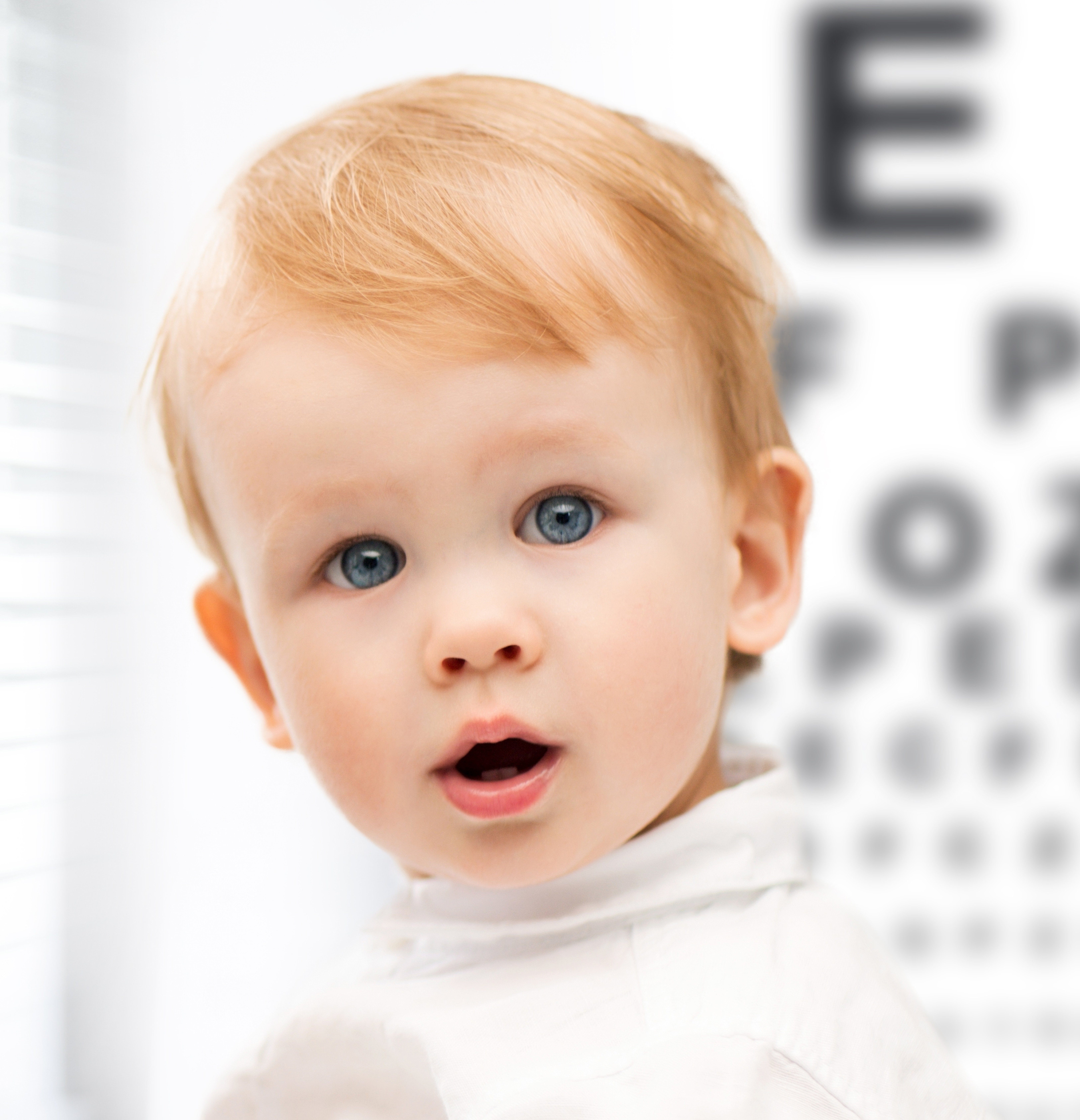
After giving birth to your child, the pediatrician will usually perform a vision screening and a regular checkup. They may do this a few times within the first three months. While these vision screenings are a good step towards ensuring the health of your child’s eyesight, they are not enough. Your child must visit a pediatric eye doctor for a comprehensive eye exam when they are at least six months old.
Pediatric eye doctors have special training to handle infants and to observe their vision. They use unique diagnostic and clinical tools to examine your child’s visual system. They are keen on developing their visual abilities and ocular health. Many critical learning skills are dependent on the strength of your child’s ability to use their vision.
What to Expect at the First Eye Exam
When you take your child to the eye doctor for the first time, usually at six months old, you should be prepared to answer some questions. Because an infant cannot talk, it is up to the eye doctor to listen to you to understand them better. They will need to know about the birth history and any complications.
Your child’s medical record will be necessary for the exam. It will help inform the eye doctor if the child is predisposed to any issues. The eye doctor will also want to know about your family’s ocular health history. Some diseases are hereditary and may start developing in infancy. Awareness of them will help the eye doctor take the necessary measures.
Eye Exams for Infants and Toddlers
Infants around six months to two years old are yet to learn how to communicate effectively. Also, they cannot read eye charts and follow complex instructions. Because of this, the eye doctor will focus on other visual skills. They will usually perform these three primary tests:
Pupil Response
This simple test involves shining light into your child’s eyes and observing their reaction. Naturally, pupils become smaller in the presence of light and larger in its absence.
Fixate and Follow
This critical visual skill usually develops within the first month of birth. The baby can fixate on an object and follow it as it moves through space. Children can do this well by the time they are three months old.
Preferential Looking
This is a test that is closely related to reading a Snellen chart. The eye doctor measures your child’s vision using uniquely designed cards. The cards are blank on one side and stripped on the other side.
Eye Exams for Preschool Children
These are children between two and five years old. They usually have learned other skills such as coloring, drawing, using Lego blocks, cutting paper, and playing with balls.
A comprehensive pediatric eye exam for children around this age includes:
Lazy eye
Visual acuity
Eye tracking
3D vision or stereopsis
Color vision
Convergence
Ocular health
All these are critically important if your child is to excel in school and their development. These are also key to learning other essential skills for their future.
For more on a guide for parents on what to expect during a pediatric eye exam, visit Spectacles at our office in Jackson, Mississippi. Call (601) 398-4662 to book an
appointment today.







